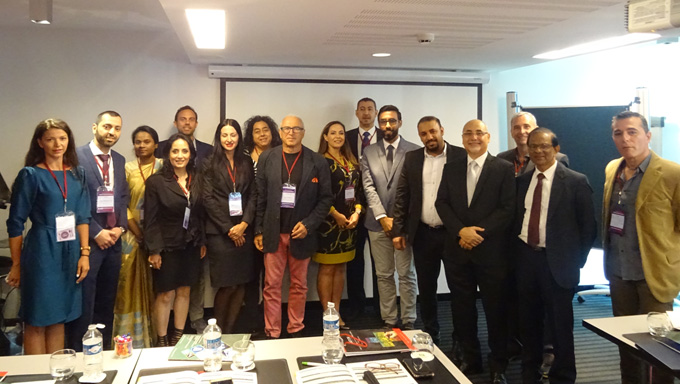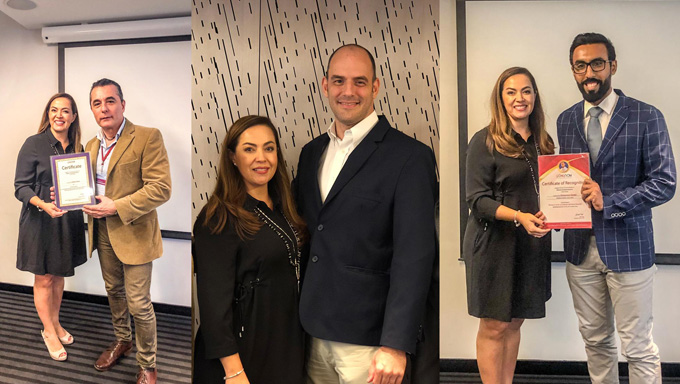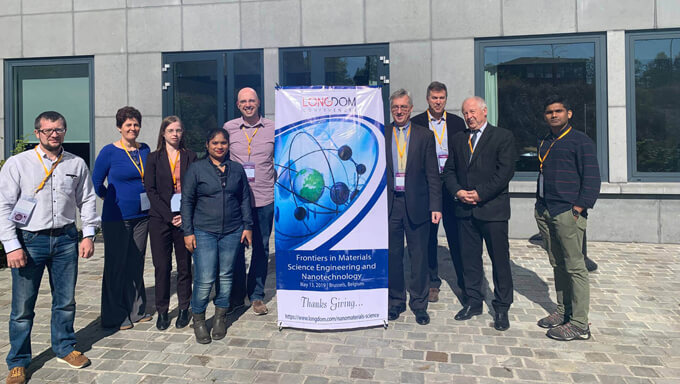







Interventional Cardiology can be defined as an area of medicine within the subspecialty of cardiology that uses specialized imaging and other diagnostic techniques to evaluate blood flow and pressure in the coronary arteries and chambers of the heart, as well as technical procedures and medications to treat abnormalities that impair the function of the cardiovascular system. It deals specifically with the catheter-based treatment of heart diseases.
Structural heart disease also, known as the problem with the tissues or valves of the heart and most of the structural heart diseases are genetic, which means present at birth. Some structural heart disease will develop later in life. There are many kinds of structural heart diseases, but they all involve a defect or disorder in the structure of the heart tissue or valves. Heart conditions that fall in the category of structural heart disease include, Aortic valve stenosis, Atrial septal defect and Patent foramen ovale, Heart valve disease, Mitral valve regurgitation, Left ventricular hypertrophy, Cardiomyopathy, Marfan syndrome and Myocarditis etc.
Pediatric cardiology deals with diseases of the heart in the growing and developing individual. As well as expertise in heart disease , pediatric cardiologists also need thorough training in general paediatrics, in order to provide all-round patient care. The initial valuation performed by the paediatric cardiologist might start with a physical examination using a stethoscope, after which more detailed investigations may be suggested.
Heart Failure:
Heart Failure inability of the heart to keep up with the demands on it and, specifically, failure of the heart to pump blood with normal efficiency. When this occurs, the heart is unable to provide adequate blood flow to other organs such as the brain, liver and kidneys. Heart failure may be due to failure of the right or left or both ventricles. The signs and symptoms depend upon which side of the heart is failing. They can include shortness of breath (dyspnea), asthma due to the heart (cardiac asthma), pooling of blood (stasis) in the general body (systemic) circulation or in the liver's (portal) circulation, swelling (edema), blueness or duskiness (cyanosis), and enlargement (hypertrophy) of the heart.
Cardiomyopathy:
Cardiomyopathy refers to diseases of the heart muscle. These diseases have many causes, signs and symptoms as well as treatments. In most cases, cardiomyopathy causes the heart muscle to become enlarged, thick or rigid. In rare instances, diseased heart muscle tissue is replaced with scar tissue.
Cardiac-Sonography or Echocardiography is the use of ultrasound to examine the heart's chambers, walls, valves and vessels. Mostly use of technology such as sophisticated diagnostic ultrasound imaging machines and transducers that use high-frequency sound waves to produce dynamic visual images to complete important tasks, such as:
Cardiac Surgery:
A surgical procedure that is performed to resolve a health concern related to the heart is called a heart surgery or a heart operation. Heart surgery may involve:
Heart Transplantation:
Heart transplantation is a surgery to remove the diseased heart from a person and replace it with a healthy one from an organ donor. To remove the heart from the donor, two or more healthcare providers must declare the donor brain-dead. Before you can be put on a waiting list for a heart transplant, a healthcare provider makes the decision that this is the best treatment choice for your heart failure. A healthcare team also makes sure that you are healthy enough to go through the transplant process.
We let our ground-breaking work and our amazing clients speak for us…… LONGDOM conferences